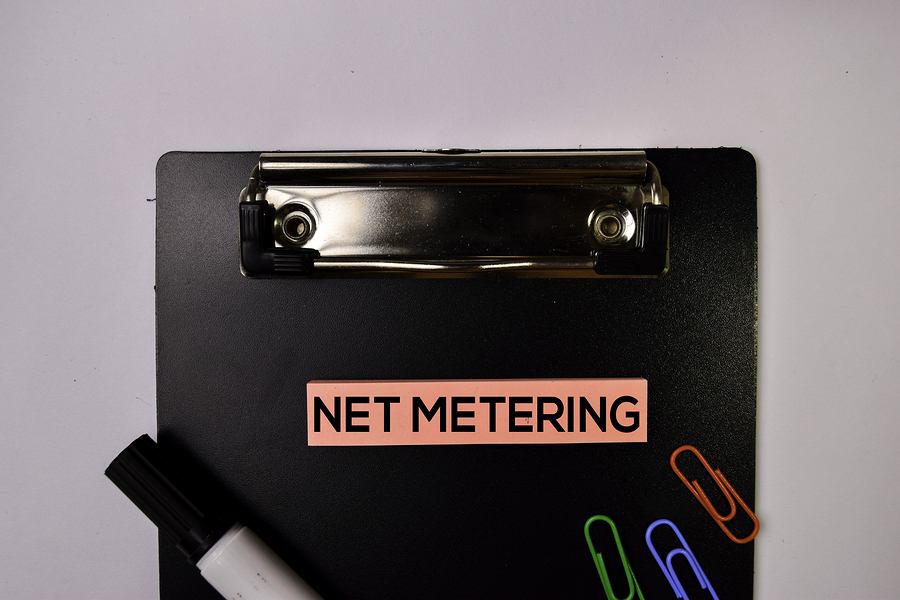New Net Metering Bill Could Mean Headaches for NH Electric Grid

Subsidizing green energy is easy. Subsidizing it using the electric grid is hard.
That was the message from Eversource and some state officials regarding SB 321, which came before the House Science, Technology and Energy Committee on Tuesday. The bill would allow local electricity producers generating between 1 and 5 megawatts– mostly solar power plants — to use the existing power grid to sell and distribute power within the state directly to users and not via the existing utilities.
Under the pilot program, small generators could enter direct intrastate contracts with users and, because it is premised on the claim those transactions avoid any use of transmission infrastructure, it would create savings that would be returned to the generator. Those savings would help make the renewable power price competitive.
“The proposal allows pilot projects to test the feasibility of electricity sales between two parties that do not involve the current market managed by the independent system operator (ISO-NE),” committee chairman Rep. Michael Vose (R-Epping) told NHJournal. “Such sales would use utility-owned distribution facilities and would pay distribution costs. The final legislation will limit such sales for 15 years until their value has been determined.”
The problem, critics say, is that the theory just isn’t true.
According to energy experts who spoke to NHJournal, the proposal runs afoul of existing agreements between the utilities and the ISO. And most energy transactions will still use the transmission infrastructure, cutting into projected savings.
“Eversource covers large portions of New Hampshire, and some of their areas are only interconnected via transmission lines, like Nashua and Coos County,” said state Rep. Michael Harrington (R-Stafford), a former member of the Public Utility Commission who now serves on the energy committee. “This means even if the transaction was limited to players in a single utilities area, it could still involve transmitting the power over transmission lines where FERC has jurisdiction.
“It is a very complicated issue and is only made more complicated by jurisdictional issues,” Harrington added.
And the premise of a pilot program that lasts 15 years flies in the face of the meaning of the word. “Fifteen years isn’t a ‘pilot,'” one energy utility source said. “That’s a full season.”
Advocates like Lebanon Assistant Mayor Clifton Below say the proposal brings market-priced solutions to the renewable energy sector.
The City of Lebanon could potentially become an energy producer. The Lebanon Solid Waste Facility is in the process of building a power plant to burn greenhouse gasses created by decomposing trash in order to power microturbines. The current plan is to use that power for city properties.
“It’s a baby step. It’s something that could prove to be more economically and technologically efficient,” Below said during Tuesday’s hearing.
The problem, said Eversource Director of Governmental Affairs Donna Gamache, is the proposal both violates agreements regulating the utility’s transmission lines and would force one group of customers to subsidize another.
“We want to make sure everyone using the transition system pays their fair share, and that Eversource can maintain reliability,” Gamache said. “We fear this would violate ISO New England agreements.”
In her testimony to the committee, Gamache said, “These types of transactions are not permissible under the ISO-NE Open Access Transmission Tariff or the Transmission Owners Operators Agreement Changing this would require ISO-NE to file for and FERC to approve a new tariff provision that would allow intrastate sales as the transmission system would need to be used to move the power.”
Director of Legislative & Regulatory Affairs for Clean Energy NH, Kelly Buchanan, said the state’s PUC can regulate the pilot program. Bringing in a new way to sell renewable energy would help the industry grow while it shifts to cleaner power.
“This bill expands the marketplace for renewable energy in the 1-to-5-megawatt range,” she said.
Griffin Roberge with the New Hampshire Department of Energy said the state is not taking a position on the bill, citing many of Gamache’s concerns about potentially running afoul of the ISO New England agreements. The matter was subject to a state study, which cautioned about proceeding with selling power.
“The report found this was a complex issue, and warned of unintended consequences,” Roberge said.
Harrington agreed. “My recommendation would be to give the issue more study.”



